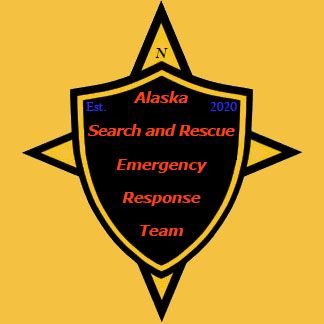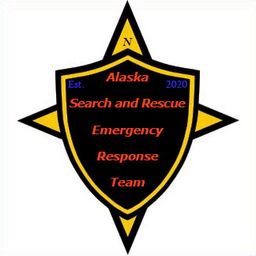What is SAR?
Search and Rescue involves not only searching for missing people and rescuing injured hikers, climbers, skiers, hunters, and other outdoor enthusiasts but also body recoveries, evidence searches, and disaster response.
Is SAR for you?
Who is qualified to become a Search and Rescue volunteer? Do you need extensive backpacking experience? What about medical training? Or knowing how to rock-climb? While those skills are great to have, they aren't necessarily prerequisites for joining our team. Having outdoor skills and experience is the norm for those who apply to become SAR volunteers, there is a great deal one can learn while participating.
The following is a partial list of trainings that our team offers. These courses, often involving both classroom and field instruction, are frequently taught by team members and most are free of charge. Some are required as part of the ASARERT Basic SAR Academy, which each member must complete before being able to participate in missions, while other classes are optional (but highly recommended).
- Basic Map & Compass
- Basic GPS
- Alternative Navigation
- Tracking
- Mounted SARTECH 3
- SARTECH 2
- IRIC (Initial Response Incident Command)
- ICS Command roles
- ATV training
- Truck and Trailer training
- Personal Locator Beacon (PLB) training
- Patient Packaging
- Low-Angle Rescue
- Helicopter Safety
- Advanced Navigation
- Knots
- Wilderness First Aid

